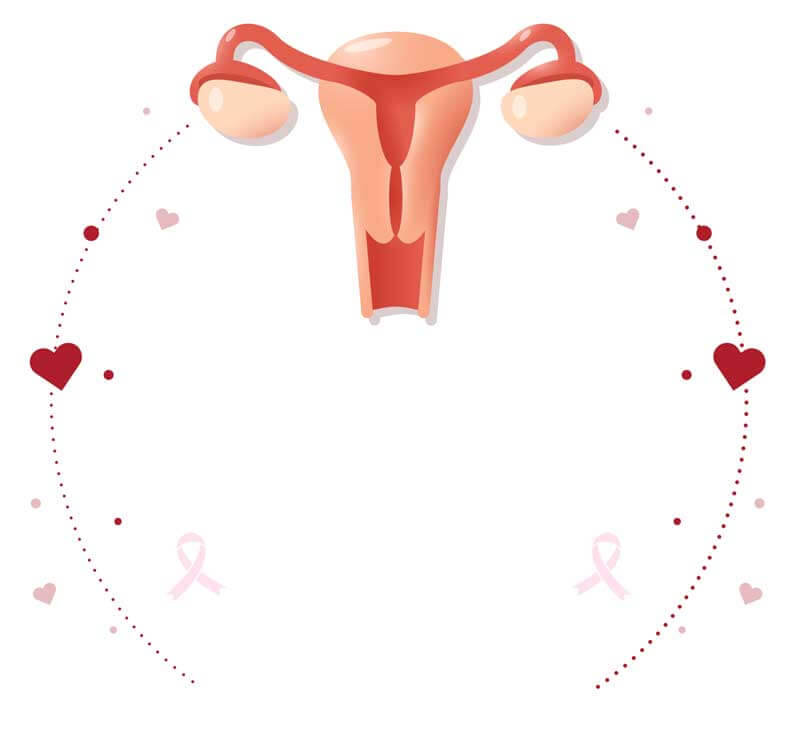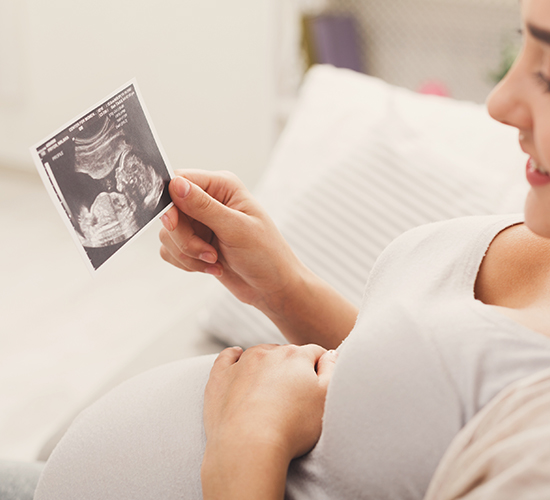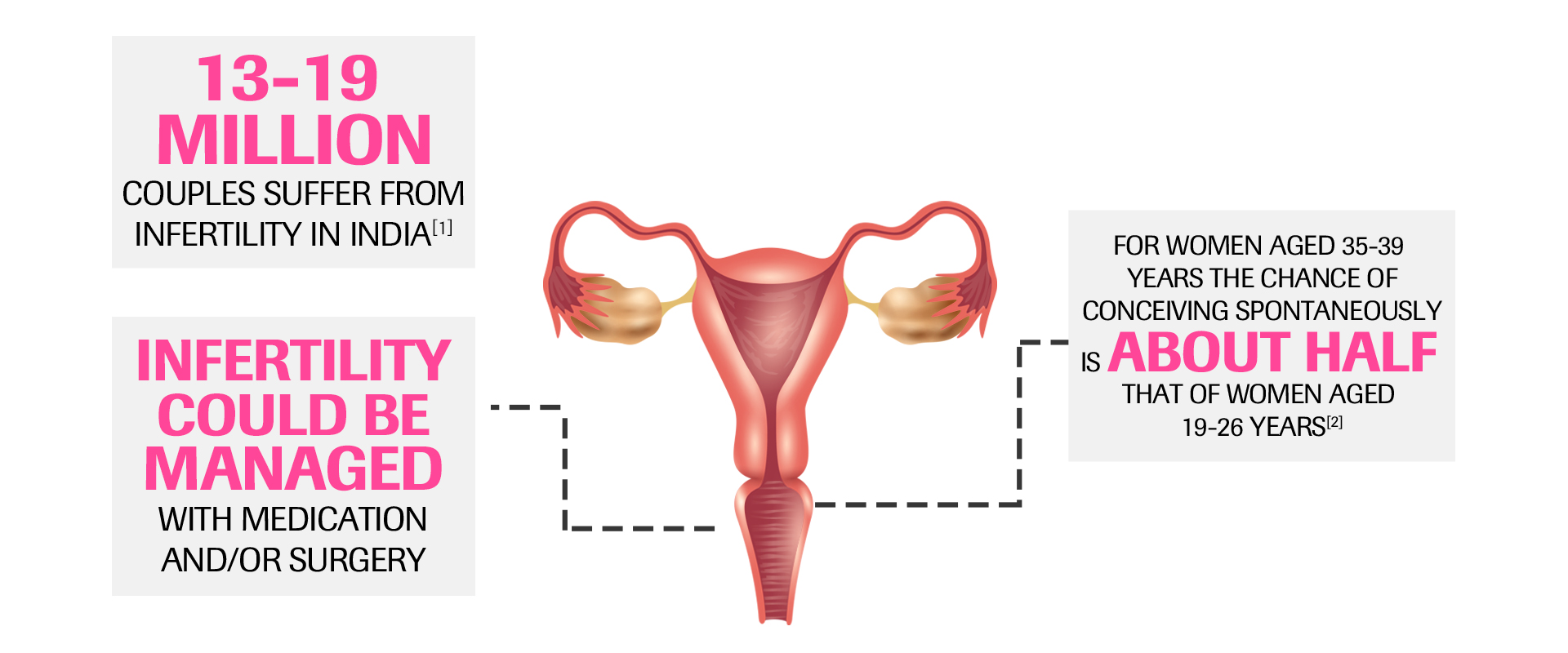
Causes
When a couple trying to have children, cannot conceive for 12 months or more it is known as
infertility.[3] This can happen due to:[4]
Ovulation Disorders: This occurs when ovulation is infrequent, disrupted or does not happen at all.
Abnormalities In The Uterus: Issues with the shape/health of the uterus and even the lining of the uterus during a woman's cycle may have an impact on fertility.
Damaged Fallopian Tube: Any blockage or damage to the fallopian tube can cause fertility issues. This is usually caused by pelvic inflammatory disease.
Endometriosis: In this, tissue from inside the uterus grows outside disrupting the ovaries and overall uterine function.
Pelvic Adhesions: After surgery or serious infections, the scar tissue can bind organs causing issues in conceiving.
Premature Ovarian Insufficiency: Also known as early menopause, this occurs when the menstruation ends before the female is 40 years old.
Other Medical Conditions: Diabetes, autoimmune disorders (such as lupus) and celiac disease are a few other reasons for infertility in women.
Male Infertility: In South Asia, 35% couple's conceiving problems are due to the infertility male partner alone while 10-20% [1] of a couple's conceiving problem is due to combined factor infertility. This maybe due to the low quality/absence of sperm, testicular abnormalities, of the ejacuation disorder, certain medications, etc
Risk Factors
Certain factors may put you at higher risk of infertility, including [5]:

Age
Women are born with a finite number of eggs. With age, the total number of eggs and the quality of the eggs begins to decline, making conception tough.

Weight
Being overweight or significantly underweight may affect normal ovulation.

Sexually Transmitted Infection
Chlamydia, Herpes, and Gonorrhoea can damage the fallopian tubes, uterus and other tissues leading to infertility.

Smoking And Alcohol
Smoking, excessive alchohol and drug addiction can seriously damage the cervix and fallopian tubes, as well as increase the risk of ectopic pregnancy and miscarriages. It is even known to reduce the quality of eggs prematurely.
Diagnosis[6]
Laparoscopy: A tiny camera is inserted through a tube with a small cut near your belly button. This camera helps the doctor view your uterus, ovaries and fallopian tubes for any abnormalities, blockages or growths.
Ultrasound: It is the assessment of the uterus and ovaries.
Hysterosalpingography (HSG): In this the medical practitioner takes and X-ray or ultrasound of your uterus and pelvic region. The doctor might need to inject a mix of saline and air or a dye into your cervix. This dye travels to the fallopian tubes, with which the doctor can learn more about your fertility issues.
Blood Test: This helps check hormone levels in male or during the ovulation cycle in female. This is done along with an ultrasound to evaluate the female's follicles.
Ovarian Check: This includes multiple tests like Estradiol, Anti-Mullerian Hormone or Clomiphene Citrate Challenge tests that check for the quality and quantity of eggs in your ovaries.
Cervical Tests: Checks the cervix for sexually transmitted diseases, infections and inflammation.
Semen Analysis: To analyse the quantity, quality and the movement of sperms.
Treatment

Medication
For hormonal imbalances and ovulation problem, medication usually helps improve the chances of conception.[7]

Surgery
For tubal or pelvic diseases, you can get a laparoscopy or hysteroscopy and remove cysts and blockages, as well as treats abnormalities.[7]
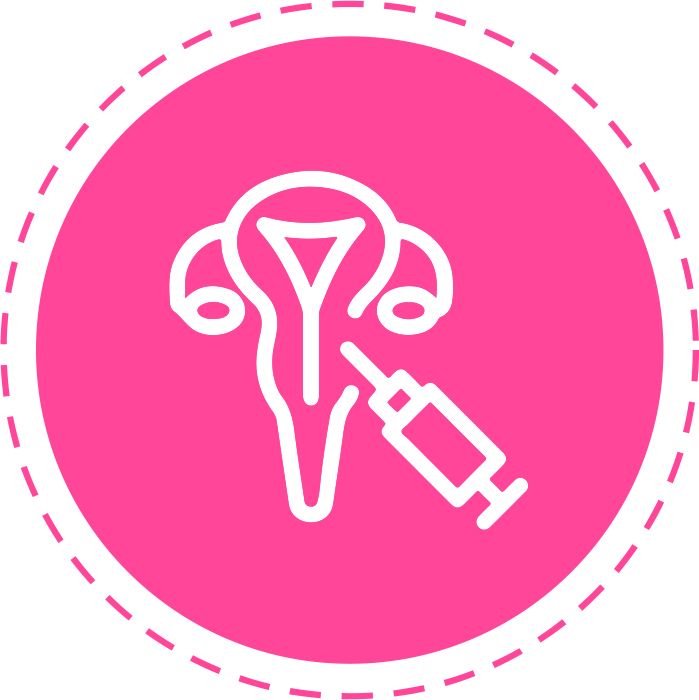
Intrauterine Insemination (IUI)
IUI involves inserting sperm into the uterus at the time of ovulation, in the hope that the egg is fertilised for pregnancy.[8]
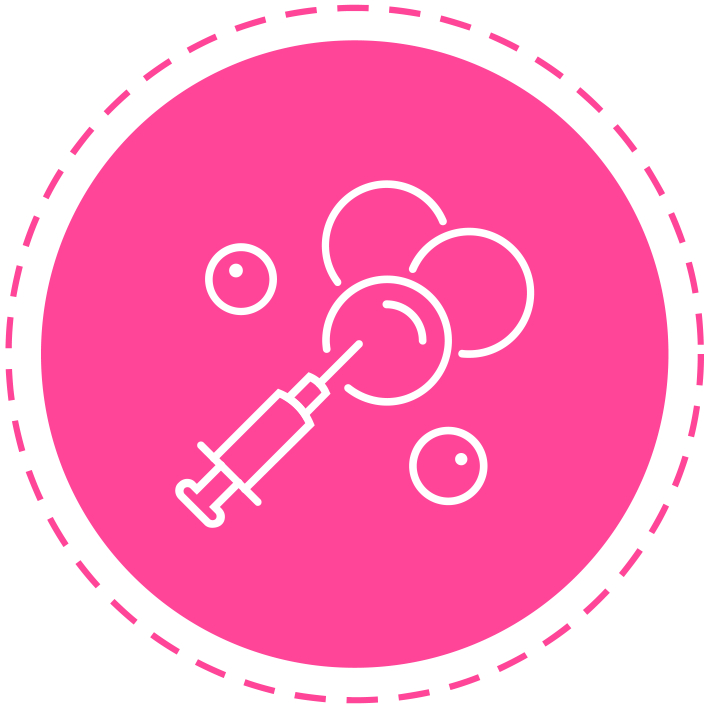
In Vitro Fertilization (IVF)
In this technique, the doctor carries out fertilisation externally and then places embryos in the uterus.[9]
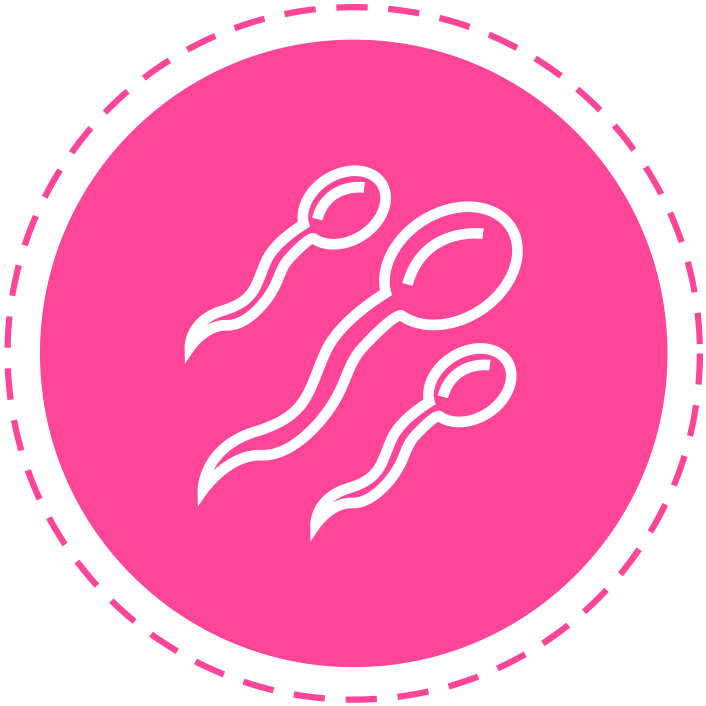
Intracytoplasmic Sperm Injection (ICSI)
In this process, healthy sperm is extracted from the sample and injected directly into the egg to fertilise it.[10]
Ovulation disorder is the only cause for infertility
Fertility can be treated with medication
Sexually transmitted diseases don't cause infertility
Age is a risk factor in conception
Ovarian reserves can be tested
References
- https://shodhganga.inflibnet.ac.in/bitstream/10603/117953/3/chapter%201.pdf
- Taylor A. ABC Of Subfertility: Extent Of The Problem. BMJ. 2003;327(7412):434–436. doi:10.1136/bmj.327.7412.434
- https://www.nichd.nih.gov/health/topics/infertility
- https://my.clevelandclinic.org/health/diseases/16083-infertility-causes
- https://my.clevelandclinic.org/health/articles/16063-infertility-risk-factors
- https://www.mayoclinic.org/diseases-conditions/infertility/diagnosis-treatment/drc-20354322
- https://www.mayoclinic.org/diseases-conditions/female-infertility/diagnosis-treatment/drc-20354313
- https://www.ncbi.nlm.nih.gov/pmc/articles/PMC5676579/
- https://medlineplus.gov/ency/article/007279.htm
- https://clinicaltrials.gov/ct2/show/NCT03370068

